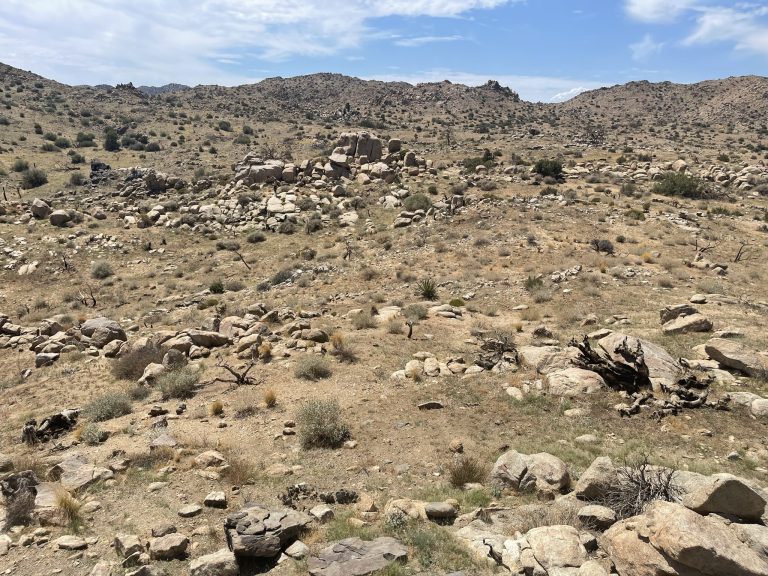Recurrence Interval Meaning
In the field of geology, the term “Recurrence Interval” refers to the average time interval that occurs between two recorded events of seismic activity, of equal magnitude, along the same fault.
In the field of geology, the term “Recurrence Interval” refers to the average time interval that occurs between two recorded events of seismic activity, of equal magnitude, along the same fault.

Metamorphic Rock Definition In the field of geology, the term “Metamorphic Rock” refers to a rock classification that is the result of the alteration of prior existing sedimentary rocks or igneous rocks. The alteration process is “metamorphosis, and can take place by various methods and environments. The metamorphosis process produces specific metamorphic rocks, on the…

Consistency The term “Consistency” in the fields of engineering geology and geotechnical engineering means the degree of adhesion between soil particles within a sample, that are observed to resist deformation or rupture.

Cation Cation: In the fields of chemistry and geochemistry, a cation is a positively charged ion. The oppositely charged ion is an anion.

Troposphere Troposphere: The troposphere of a terrestrial planet is the lowest member of the atmosphere. On Earth, the troposphere starts atop the ground surface and terminates roughly 10 kilometers above mean sea level. In fact, geologists understand that most of the Earth’s water vapor (clouds) exists in the troposphere. And the next member of the…

Polychlorinated Biphenyl (PCBs) Polychlorinated Biphenyl (PCBs): Polychlorinated Biphenyl (PCBs) are highly toxic human-engineered chlorinated hydrocarbons that have been used around the world as enhancers to hydraulic oil and electrical insulators. PCBs were applied for maintaining low flammability rates, high boiling points, and stronger chemical stability. As of 1979, PCBs have been banned from use in…

Geology Geology: Geology is a field of science relating to the earth, including but not limited to the earth’s resources, physical processes, chemical properties, history, and future. Additionally, the science of geology includes the study of other terrestrial planets, such as Mercury, Venus, or Mars. Branches of Geology There are numerous branches of geology that…